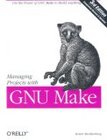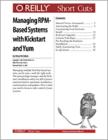
Once, when I picked up a book from the local library, the librarian asked to tell her what I thought about the book when I would bring it back. Well, why not write a few lines about all the books I read so everybody could see what I thought about it? I'm often also happy to have friends recommend a certain book or tell me this and that is not really worth reading. I won't comment about the tons of books I have read so far, but about books I read from now on.
| highly recommended | sehr empfohlen | |
| good reading | gutes lesematerial | |
| average | durchschnittlich | |
| not too interesting | nicht allzu interessant | |
| recommended not to read it | empfehlung das buch nicht zu lesen |







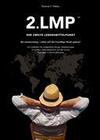











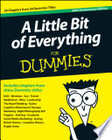






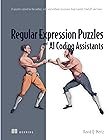















































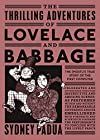



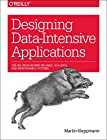



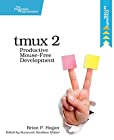
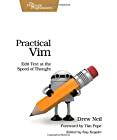


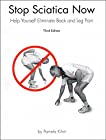






































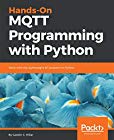























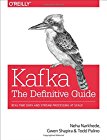








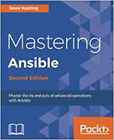





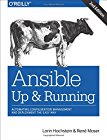















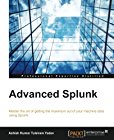


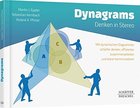





















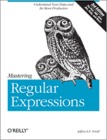











































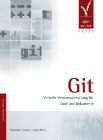




























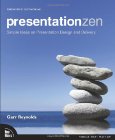








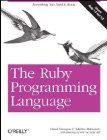






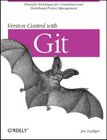


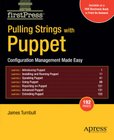












 |
|
|---|---|
| title | The Sociopath Next Door |
| author | Martha Stout |
| ISBN-10 | 0-76791-582-8 |
| ISBN-13 | 978-0-767-91582-3 |
| ASIN | |
| rating | |
| date | 2008-Jul-19 |
Imagine a person with no conscience, none at all. This is the most basic description of a sociopath. Stout, a psychotherapist in the Boston area, kind of shocked me on the first page with the explanation of what a sociopath is. She goes on and explains, also using real-life examples, why it is so difficult to recognize these people, why they often seem to be successful, respectable achievers, what their motivation is and compares what is going on inside of a sociopath and a non-sociopath. Towards the end of the book she also shows how similar science and religion see these people.
Even though I do not quite agree with the complete black-and-white picture Stout draws, her samples and explanations can be an eye opener for something, you might already have witnessed but took for a mistake on your side since it just seemed so unbelievable.
The book does not give you any direct help on how to deal with sociopaths, even though it does sport a (far too short and utterly useless) section called ''Thirteen Rules for Dealing with Sociopaths in Everyday Life''. The real value of this book, however, is to open up your mind to accept and thus be aware of something, most of us would think was completely impossible, so impossible we would come up with tons of excuses why what we saw and thought could simply not be true. In fact, after reading this book, I might, in some situations, now accept that indeed it was true.











